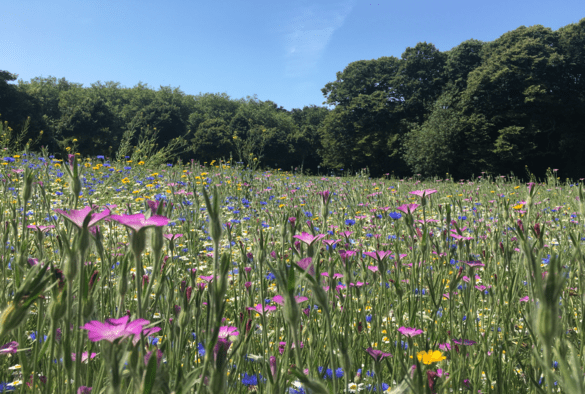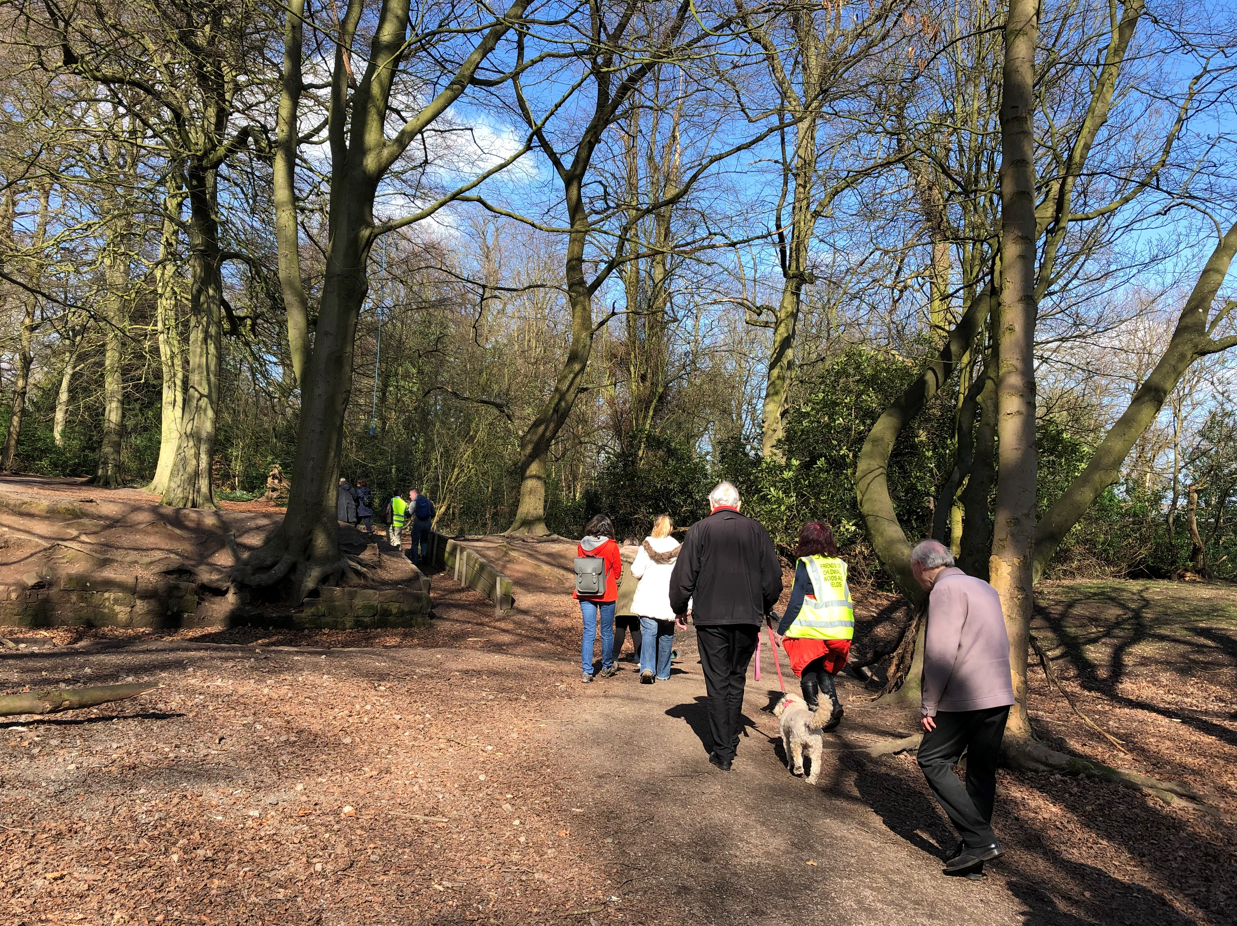
University of Liverpool research has been featured in a new British Academy report highlighting the power of ‘place-sensitive policymaking’ and its role in the development of effective environmental policy.
A place-sensitive approach recognises and builds on the diversity of places and supports policymaking that meets the needs of everyone, particularly those experiencing disadvantages.
Professor Georgina Endfield, Sue Jarvis and Joanna Hayes from the Heseltine Institute for Public Policy, Practice and Place were commissioned by the British Academy to undertake research into voices, spaces and scales of environmental governance, using walking as an inclusive method.
The team worked with two community organisations – Incredible Edible Knowsley and Friends of Childwall Woods and Fields – as well as Liverpool City Region Combined Authority and ArtsGroupie CIC to co-design ‘weather walks’ in local green spaces.
The walks were designed to take in points of interest relating to weather and climate, such as flooding, storm damage, particular trees and wildflowers. They enabled researchers to ‘walk and talk’ with residents, focusing on their observations of the local impact of weather events and their thoughts about climate change.

Postcards in local venues such as Sefton Park Palm House offered an alternative way to participate. People were invited to write their responses on a card and post it in a box, which was collected at a later date.
The findings from the research stressed the need to celebrate what communities are doing to help tackle climate change and provide opportunities for people to shape environmental policy by sharing their knowledge and experience.
Sue Jarvis said: “The weather walks were a great way to explore how communities understand the relationship between local weather, place and climate change.
“This kind of local knowledge could represent an important perspective on the way in which global scale changes in climate may be playing out locally.
“Our approach in this pilot, though small scale, offers insight into the potential of a possible community engagement strategy that connects people and places, and specifically green spaces, to better understand the parameters of the climate change challenge at the local level.”
You can read more about the research in the Heseltine Institute report, ‘Situating climate change: understanding the importance of climate, place and community’.